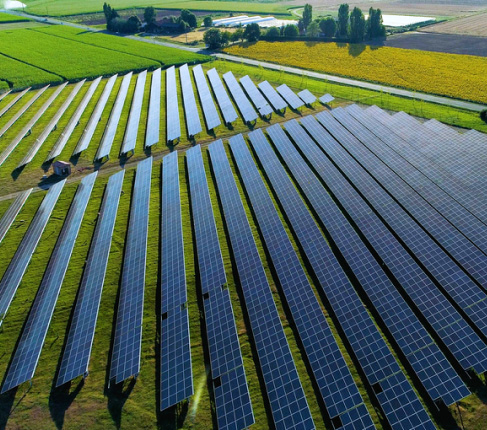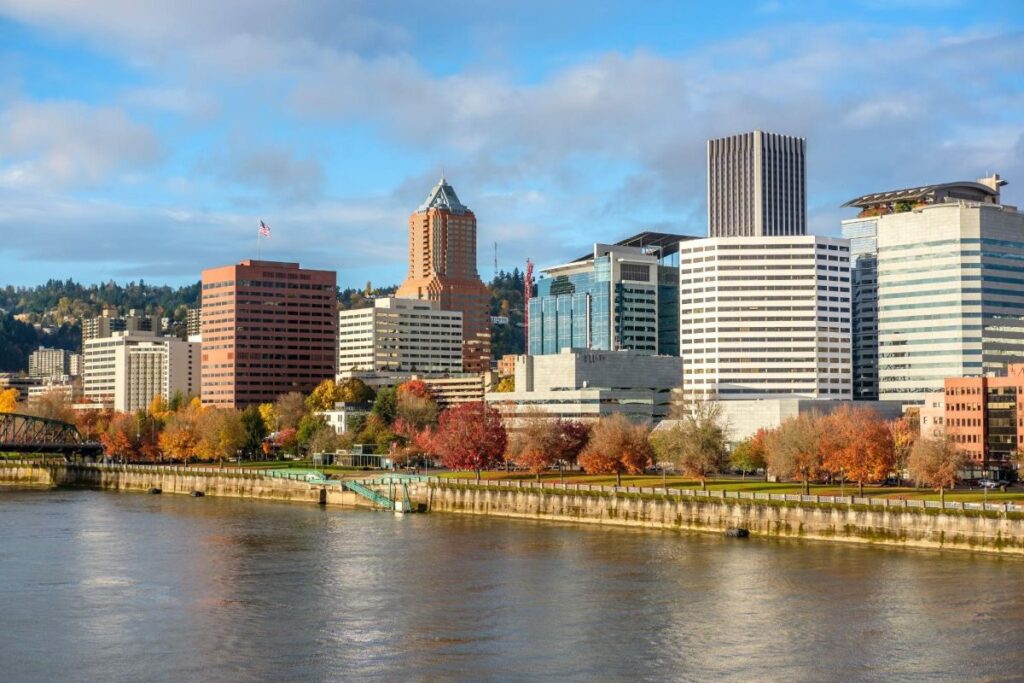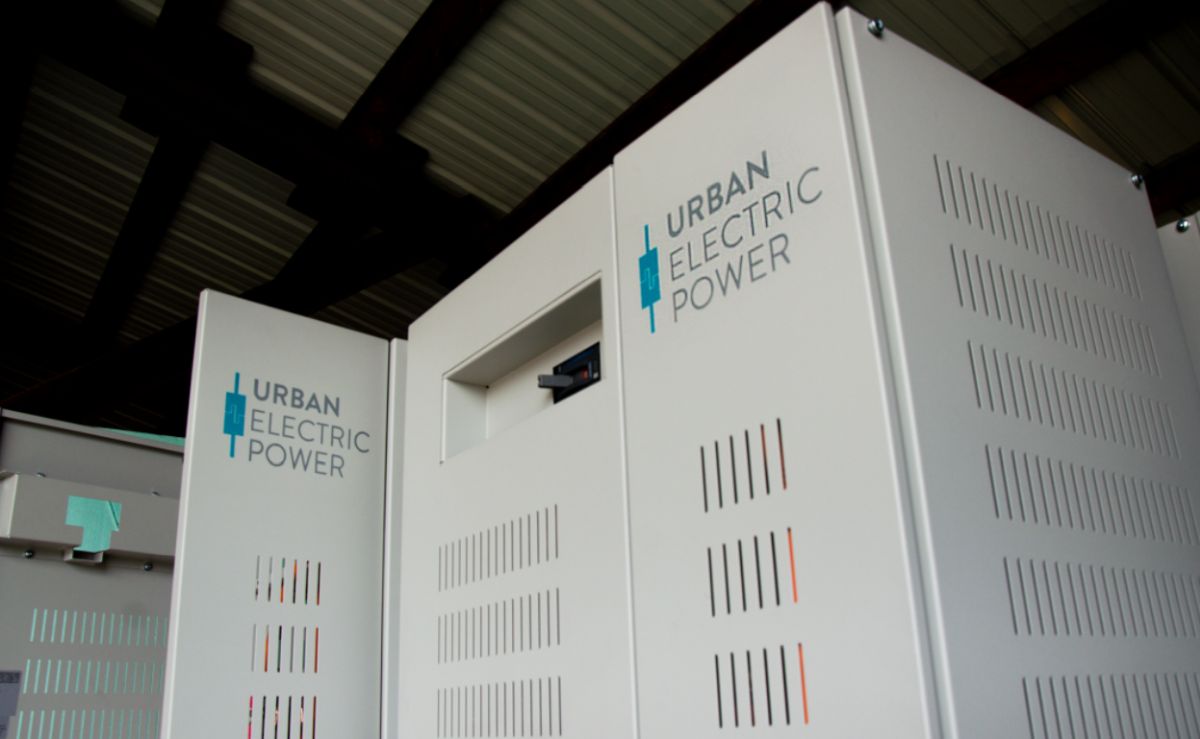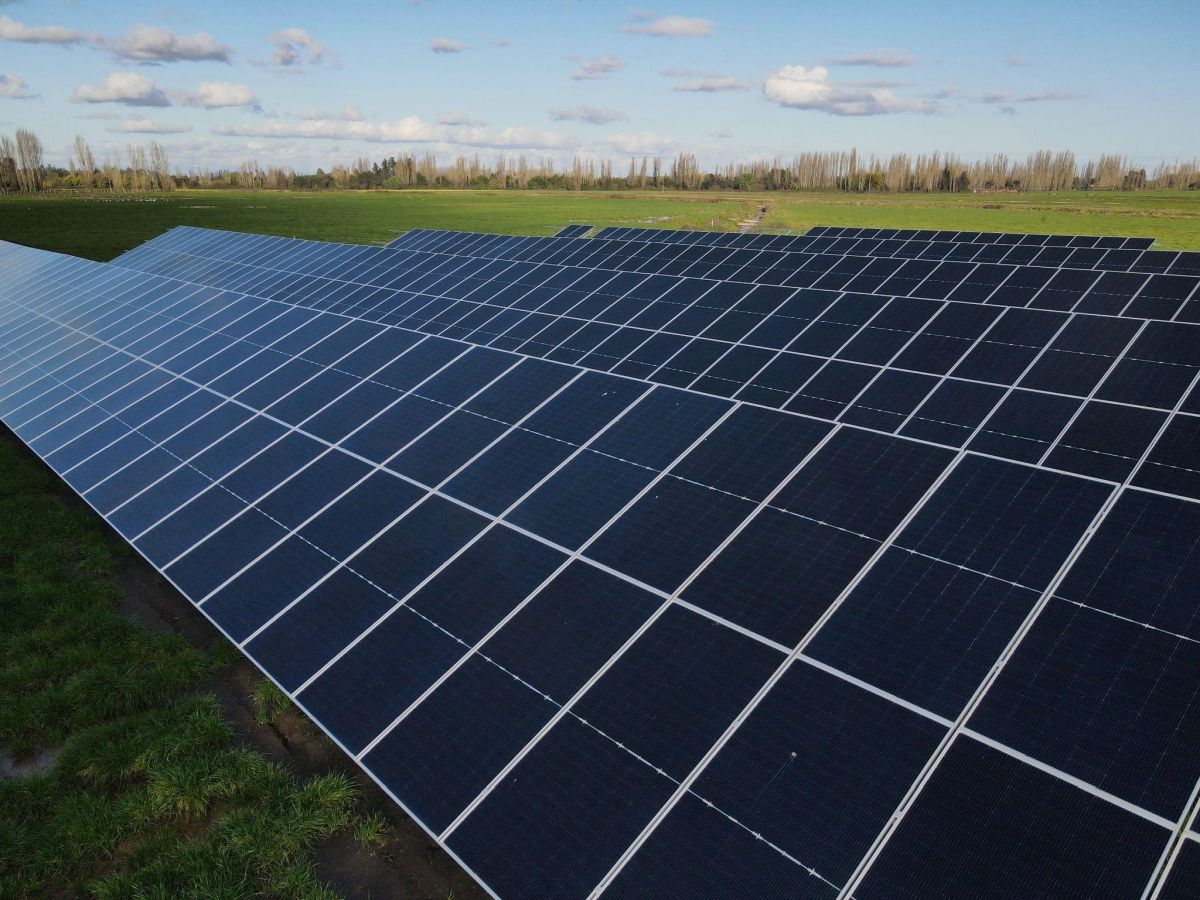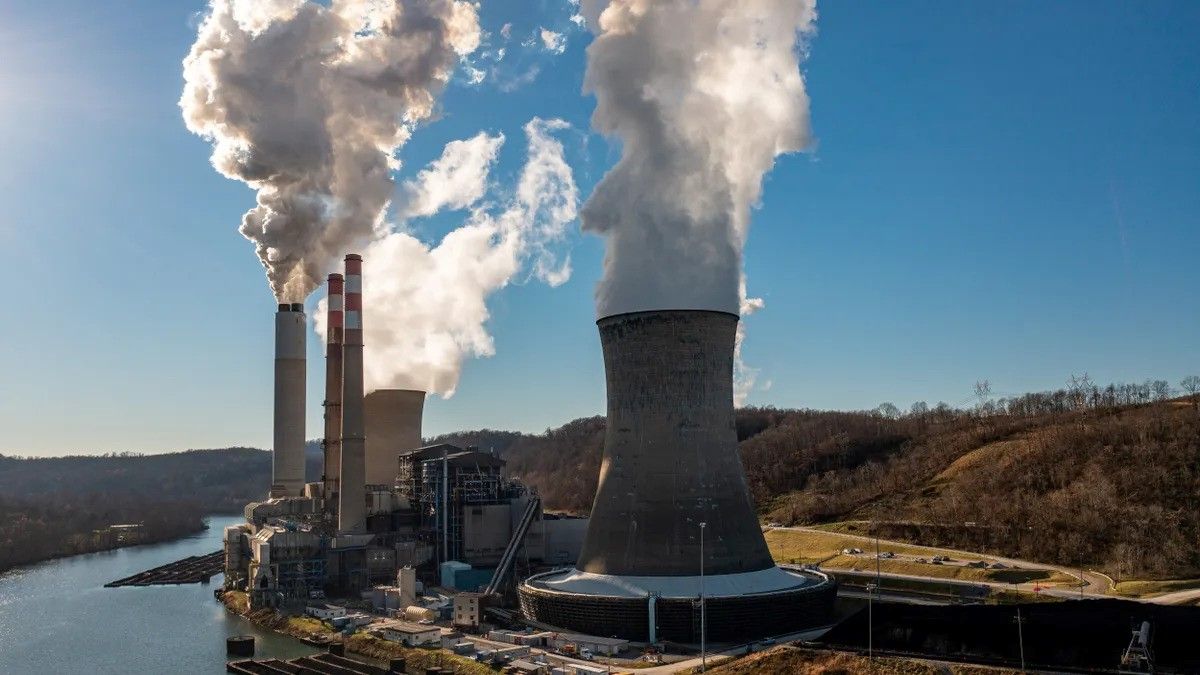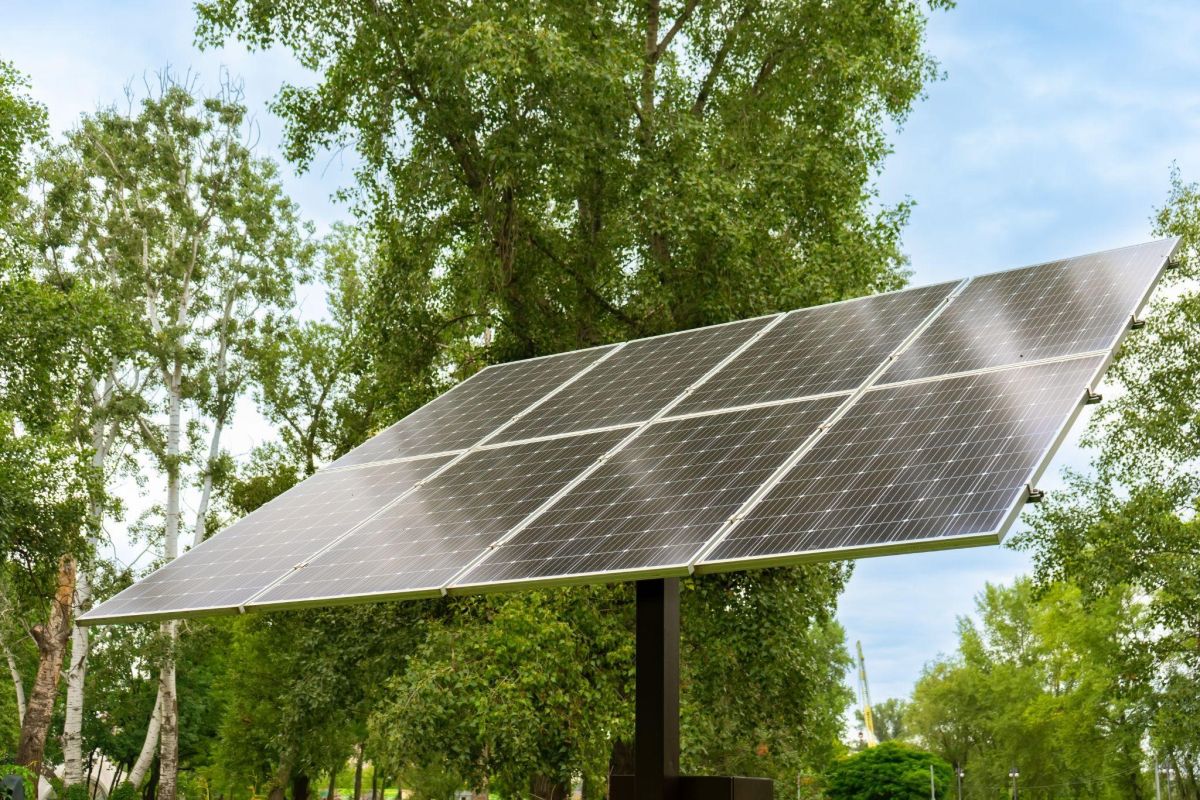WWW.UTILITYDIVE.COM
The Portland, Oregon, program has brought in millions of dollars more than originally anticipated, putting some city leaders and climate advocates at odds over how to proceed.
Dive Brief:
- As some city leaders in Portland, Oregon, propose using the community’s multimillion-dollar clean energy fund for other city expenses, a coalition of environmental and justice groups urged the city council to maintain the funds for climate action projects in a May 10 letter.
- The Portland Clean Energy Community Benefits Fund, which relies on a voter-approved tax on large retailers, has brought in a total of $587 million since it was created in 2018, according to a December story by Oregon Public Broadcasting – much more than the $30 million in annual revenue originally anticipated.
- “Inequality and climate change are both getting worse, so Portlanders are counting on PCEF,” Candace Avalos, executive director of local environmental justice nonprofit Verde, said in a statement.
Dive Insight:
Portland’s innovative approach to funding climate action was established after about two-thirds of the city’s voters approved putting a 1% surcharge on gross revenues from retail sales by companies with more than $1 billion in annual revenue and more than $500,000 in revenue in Portland. The surcharge doesn’t apply to basic goods like certain groceries and medicine.
More than $165 million from the fund has so far been awarded to climate action projects and proposals, according to Oregon Public Broadcasting. Projects include installing over 10,000 cooling units for older and low-income residents, upgrading a community center to be more resilient to severe weather events and bringing rooftop solar to residents of color and low-income residents, according to the May 10 letter from local groups.
Concerns about the fund’s effectiveness have arisen in the last several years, however, with a 2022 city audit finding that the program hadn’t yet set up the required performance standards, accountability systems or equity plan. The coalition’s May 10 letter said that it takes time to ramp up systems for spending the additional revenue responsibly, work that the committee for the fund has recently completed.
Some city leaders have proposed using the fund to support non-climate-related programs, and others want to see changes made to the program. City Commissioner Rene Gonzalez is advocating to put a measure on the November ballot that would alter the program, potentially by reallocating excess revenue to non-climate work, the Willamette Week reports.
The May 10 coalition letter, however, argues that the city needs the money for climate action, pointing to a city-commissioned study that estimates it will take more than $49 billion to make Portland climate-resilient. The letter also notes that Portland’s clean energy fund gives it a leg up amid historic federal infrastructure funding that requires local matching funds.
“While other jurisdictions struggle to find local funds to leverage federal funds, Portland has an opportunity to be a shining model of how to do it,” the letter says.
Last year, the city released its plan for spending $750 million from the clean energy fund over five years. The Portland City Council also tentatively approved an $8.2 billion budget on May 15 that leans heavily on the clean energy fund.








